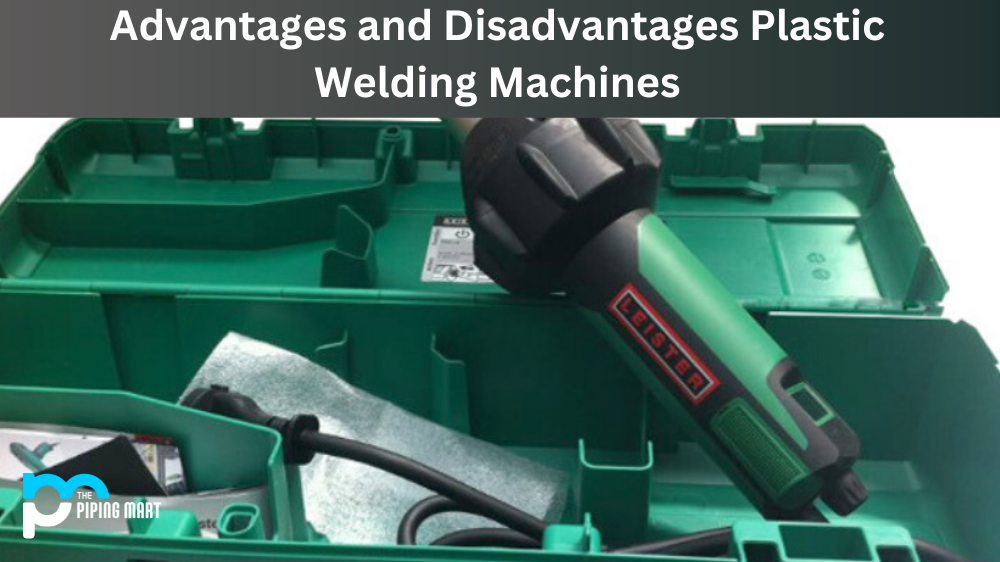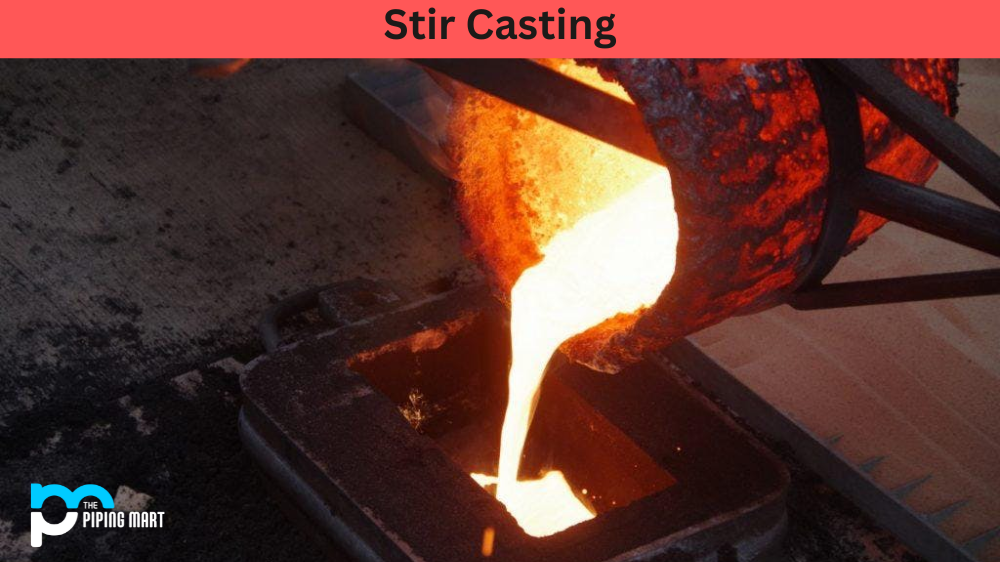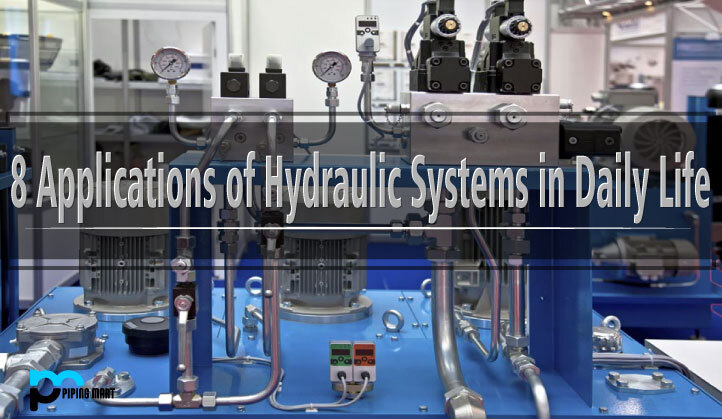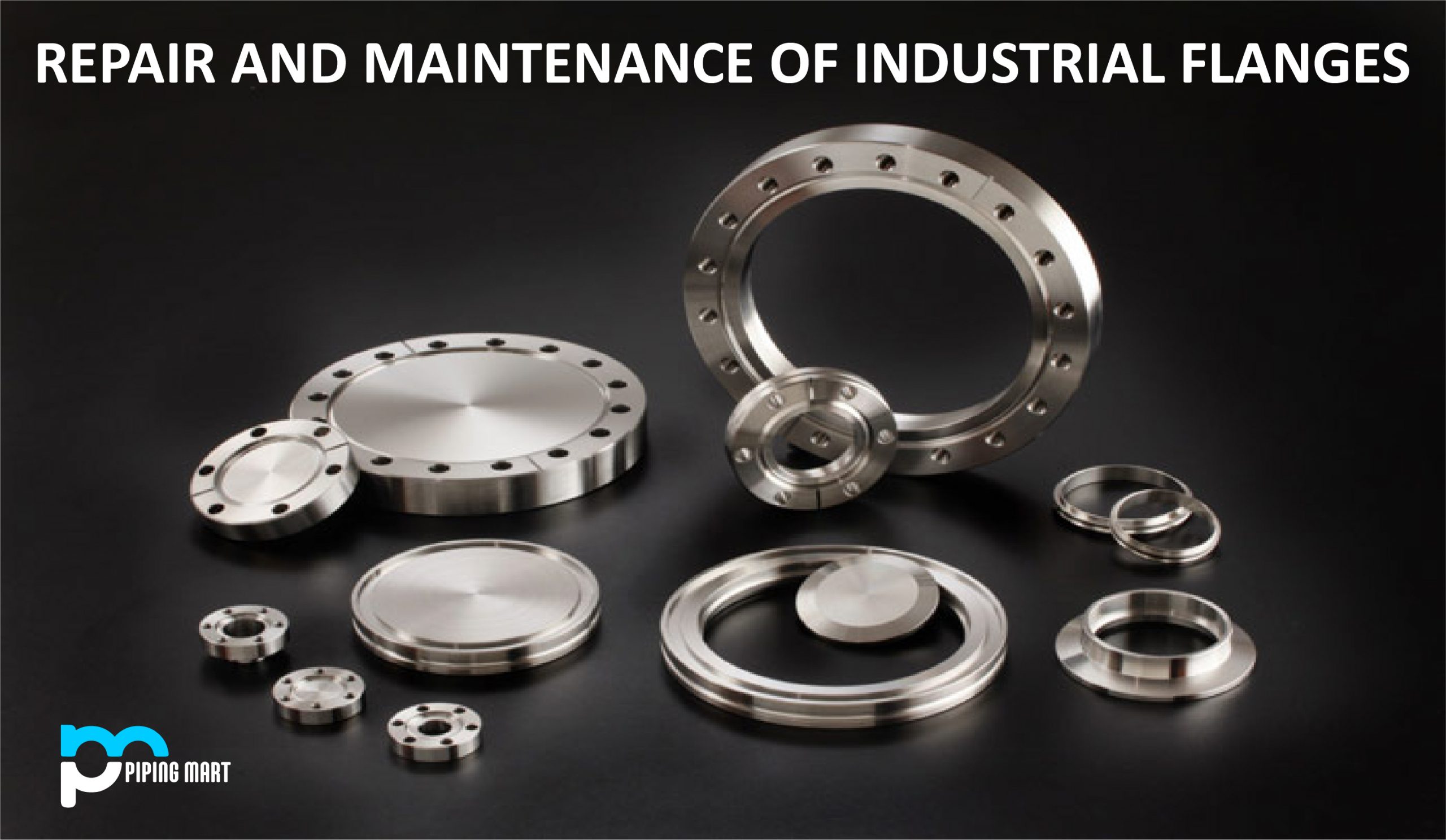Plastic welding machines have become an integral part of the manufacturing industry. From automotive parts to medical equipment, plastic welding combines pieces of plastic with precision and accuracy. However, before investing in a plastic welding machine, it’s important to understand the advantages and disadvantages. Let’s take a look at the pros and cons.
Advantages of Plastic Welding Machine
Regarding advantages, several benefits come from using a plastic welding machine. For starters, these machines are highly efficient. They can complete complex joining tasks quickly and easily with minimal effort on the operator’s part. Furthermore, plastic welding machines are incredibly accurate when joining pieces together; this helps reduce waste and ensures that each weld is as strong as possible. Lastly, plastic welding machines use heat instead of glue or chemicals to join two pieces together, so they create stronger bonds that last longer than traditional methods.
Increased Efficiency
Plastic welding machines are much more efficient than traditional welding machines, as they can weld plastic materials much faster. This increased efficiency can improve productivity in various plastic welding machine industries.
More Precise Welds
Plastic welding machines are also much more precise than traditional welding machines. This increased precision can be beneficial in various applications, as it can help ensure welds are of the highest quality.
Greater Versatility
Another advantage of plastic welding machines is that they are much more versatile than traditional welding machines. This increased versatility allows them to be used in a wider range of applications, as they can weld various materials.
Safer for the Environment
Plastic welding machines are also safer for the environment than traditional welding machines, as they emit fewer harmful fumes. Unlike traditional metals, plastic materials do not release harmful toxins when heated.
Disadvantages of Plastic Welding Machine
In addition to its many advantages, there are also some drawbacks associated with plastic welding machines. These machines require a certain level of expertise to operate correctly; if not used properly, they can cause serious damage or even injury. Additionally, because these machines use heat to weld plastics together, they often produce toxic fumes that must be ventilated appropriately for them to be safe for operators to use. Lastly, while plastic welding is generally more durable than traditional methods such as gluing or screwing pieces together, it does not provide the same level of waterproof protection that other methods do – especially when used outdoors or in wet environments where moisture could potentially weaken the bond between two pieces over time.
Can Be Expensive
One of the primary disadvantages of plastic welding machines is that they can be expensive. While the initial cost of the machine may be reasonable, the cost of the consumables (e.g. welding rods, gas, etc.) can add up over time. Additionally, plastic welding machines require maintenance and upkeep, which can add to their overall cost.
Require Training and Experience
Another disadvantage of plastic welding machines is that they require proper training and experience. Unlike other welding machines, plastic welding machines often require the operator to have a certain skill and expertise to produce quality welds. This can make them difficult for those new to welding or needing more experience.
Can Be Dangerous
Plastic welding machines can also be dangerous if they are not used properly. The high temperatures in plastic welding can pose a serious burn hazard, and the fumes produced during welding can be harmful if inhaled. Additionally, the sparks produced by the machine can also be a fire hazard if they come into contact with flammable materials.
Have Limited Applications
While plastic welding machines have a variety of applications, there are still some limitations to what they can do. For example, plastic welding machines are not typically used to join dissimilar materials (e.g. metal and plastic). Additionally, plastic welds are only sometimes as strong as welds made with other materials, such as metal.
Conclusion
Plastic welding machines offer several advantages over traditional joining methods, such as gluing or screwing pieces together. These machines are highly efficient and accurate when it comes to connecting two pieces perfectly every time. However, due to their complexity and potential safety risks associated with incorrect operation, they may only be suitable for some applications or businesses, with experienced personnel first providing proper training. Therefore, when considering whether or not a plastic welding machine is suitable for your business’s needs, consider all aspects – from cost savings due to increased efficiency through reduced materials wastage & improved production times through increased accuracy – before making an informed decision about your purchase.

A passionate metal industry expert and blogger. With over 5 years of experience in the field, Palak brings a wealth of knowledge and insight to her writing. Whether discussing the latest trends in the metal industry or sharing tips, she is dedicated to helping others succeed in the metal industry.




